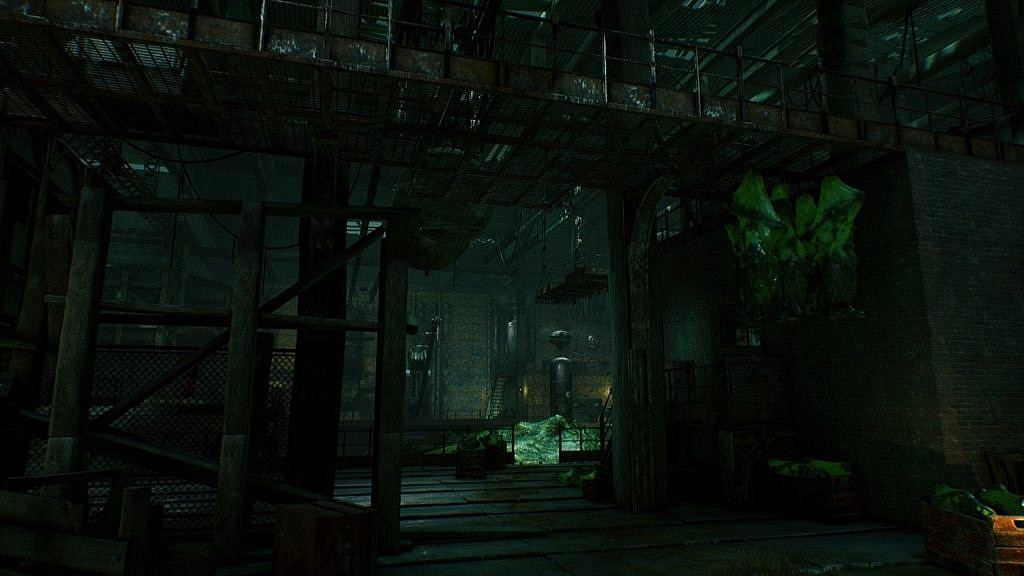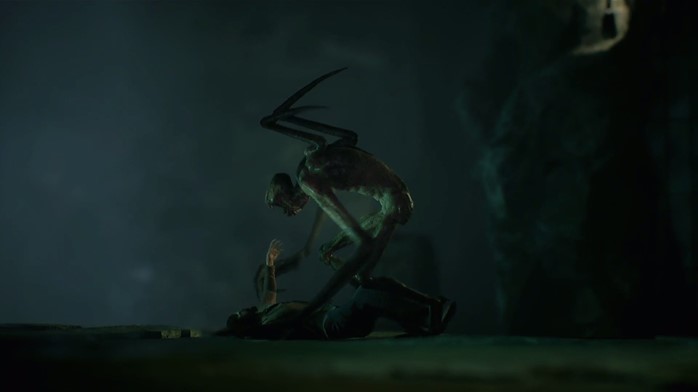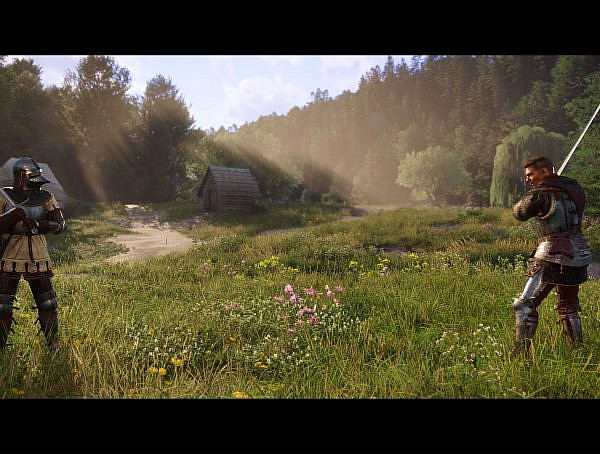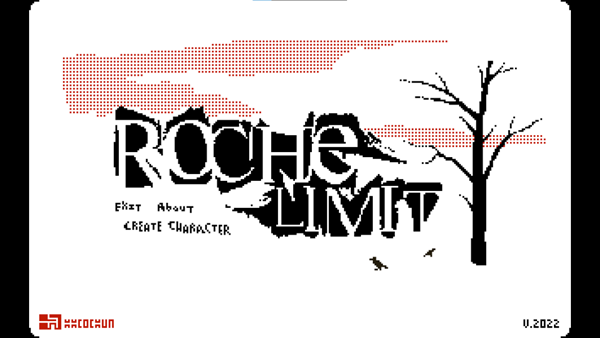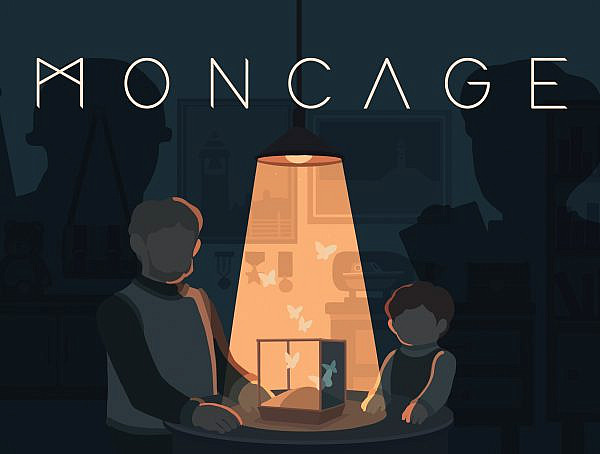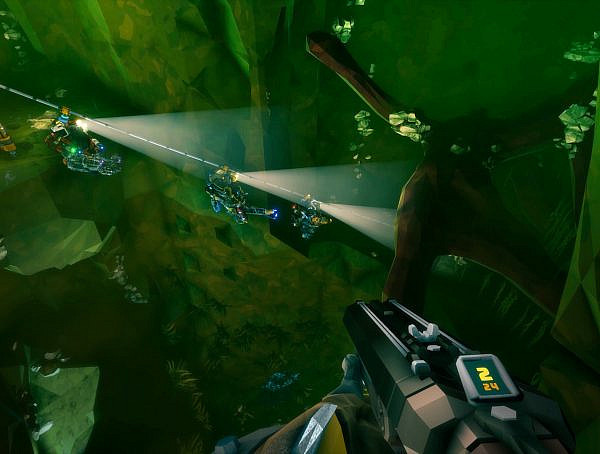The year is 1924, and a private investigator Edward Pierce is hired to investigate the death of a millionaire’s daughter, Sarah Hawkins, who supposedly died in a fire with her family. Pierce’s investigation takes him to a remote Darkwater Island where the Hawkins family lived, and upon arriving he realizes that the case is more complicated than he could have ever imagined. The deeper Pierce delves into his investigation, the more disturbing everything gets.
Call of Cthulhu is a video game based on a tabletop roleplaying game of the same title from 1981. It’s a mix of investigative and horror survival game that tries to be a roleplaying game (RPG) but ends up being a little more than a walking simulator. As Edward Price, you interrogate locals, sneak around in ominous hospital basements, and explore secret underground cult lairs to uncover the mystery of Darkwater Island.
Developers have done a great job creating a gloomy atmosphere with music to match. The game includes many visual and narrative Lovecraftian horror tropes: dark green hues, nightmares and reality becoming indistinguishable from one another…and tentacles. This atmosphere is arguably a saving grace for an otherwise unpolished game. It was difficult to get over the scarcity of different face designs and awkward animation: I felt like every other non-playable character had the same face, and their erratic gesturing is clunky and out of pace with the voice acting.
The game mechanics would have needed more work as well. The skill point system is like what you could find in tabletop RPGs: instead of health and stamina, the player gets to assign points to skills like investigation, eloquence, and psychology. In addition to skills, the game also introduces a sanity bar. You start as sane, and as Pierce encounters things both supernatural and horrifying, your sanity diminishes. Both game mechanics are promising, but disappointingly, the gameplay is hardly affected by either. Investigation skill too low to pick a lock to gain entry? There’s a key somewhere to be found that opens the door. Eloquence skill too low to convince an NPC to help you? The NPC changes their mind and offers their aid regardless. Similarly, in theory, sanity should affect the decisions that are available to you. In my play-through, Pierce was practically insane in the end, but the “sane” ending option was still available for me. A poorly created illusion of player choices affecting the story is more disappointing than a complete lack thereof.
Despite its several apparent shortcomings in game mechanics and graphics, Call of Cthulhu succeeds in getting the player’s heart racing in a couple of chapters. Pierce is not armed, so the only option is to sneak around and flee and hide if you get spotted by enemies. Feeling scared, powerless and at times confused about what is reality and what is a hallucination is something I’d expect to feel if I had to encounter an omnipotent abomination that can manipulate dreams and reality. Alas, those few thrills and about ten hours of gameplay the game offers weren’t enough to convince me that the game is worth its current price tag of 29,99€.
Developer: Cyanide
Publisher: Focus Home Interactive
Platforms: Microsoft Windows, PlayStation 4, Xbox One, Nintendo Switch
Release: Microsoft Windows, PlayStation 4, Xbox One on October 30th, 2018, and Nintendo Switch on October 8th 2019
Genres: Role-playing, survival horror
PEGI: 18
Photocredits:
Header photo and second photo: screenshots from the game, taken by the author.
Last photo: screenshot from the game, taken by Steam user Rookie FBI Agent Bones
You might also like
More from Game Reviews
Moncage Review: A Puzzle Game with Mind-Boggling Optical Illusions
Solving a huge #optical_illusion #puzzle in a tiny cube to discover a dark, #emotional story of trauma
Mining, Mayhem, and Bugs: A Deep Rock Galactic Review
Fight monsters, mine riches, and cause chaos with your dwarf crew — welcome to Deep Rock Galactic!
Microsoft Solitaire: classic games to kill time
Perhaps the most played games in offices worldwide, Microsoft Simulator is a pinacle of design from the era where games …







